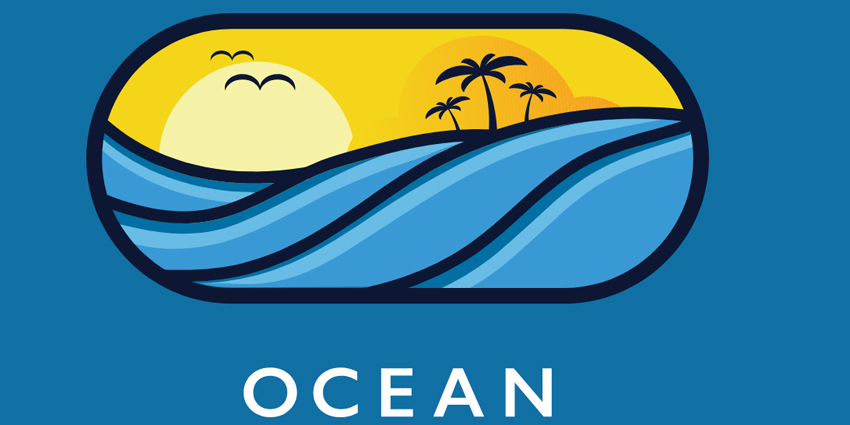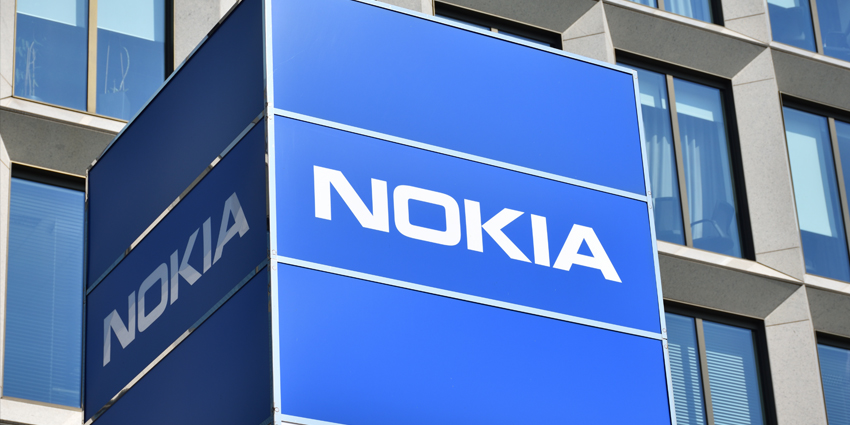This week, following a series of moves towards building an open developer framework for its Quest headset portfolio, Meta announced “Ocean,” a new open-source, cross-platform framework for creating computer vision and mixed/augmented reality applications.
Post by @metaopensourceView on Threads
Notably, Meta is launching Ocean as an interoperable framework which supports applications across various OS-end devices such as iOS, Android, Quest, macOS, Windows, and Linux.
Ocean leverages an MIT license, allowing for the cross-platform and open-source framework while also focusing on performance and efficiency.
Meta notes that the Ocean framework provides tools to tackle additional developers’ tasks during MR application development, such as supporting geometry, media handling, networking, and rendering.
How Ocean Affects Quest Applications
Building upon its OpenXR integration earlier this year, Ocean’s library of development tools lowers the entry barrier when integrating sophisticated XR interactions and features.
For example, if a Quest developer accessed the Ocean kit, they would be able to better integrate features such as gesture tracking, microphone input, and an external camera for the various supported end devices.
Meta notes in its Ocean developer page that the supported XR features can help create solutions for sectors such as education, tourism, and real estate.
Meta’s History of Open XR Development Support
Meta Horizon OS, the operating system powering the Quest product portfolio, is now open to third-party developers. This will allow a broader range of developers to create applications for Meta’s XR products.
Meta’s open approach contrasts Apple’s closed ecosystem for its spatial computing vision. While Apple is creating a closed ecosystem for its hardware, Meta is taking an open approach, providing developers with a customizable framework for specific solutions, which was only boosted with the Ocean launch.
In addition, Meta is launching the “Meta Horizon Store,” a revamped storefront that will serve as a platform for future open Quest applications.
Meta CEO Mark Zuckerberg also added:
In every era of computing, there are always open and closed models. – But it doesn’t have to be that way. In the PC era, the open model won out; you can do many more things, install mods, more diversity of hardware and software, and more. So, our goal is to make it so that the open model defines the next generation of computing again with the metaverse, glasses, and headsets.
Furthermore, the CEO at the time may have referenced a recent partnership with LG, stating, “We are collaborating with top hardware companies to develop new headsets tailored for the various ways people use this technology.”
Zuckerberg also mentioned that Meta is collaborating with industry leaders like Lenovo, ASUS, and Xbox to “create headsets intended for more specific uses. For instance, envision a lightweight headset that connects to your computer on your desk to provide an optimal work experience, whether you’re at home or on the go.”
The CEO also added:
We are bringing all these different use cases in the metaverse to everyone. It’s probably going to take a couple of years for some of these new products to start launching, but I’m really excited to get started on this next chapter.
The news also follows Khronos’ OpenXR API update, which enables more efficient cross-platform AR/VR/MR application development cycles. The update combines multiple extensions into the OpenXR API, reducing the need for different coding frameworks to support various end devices.
This consolidation simplifies application development cycles for the range of vendors using OpenXR APIa, including Acer, ByteDance, Canon, HTC, Magic Leap, Meta, Microsoft, Sony, XREAL, Qualcomm, Valve, and Varjo. Real-time 3D development services like Autodesk VRED, Blender, Godot, NVIDIA’s Omniverse, StereoKit, Unreal Engine, and Unity support OpenXR integration.”







